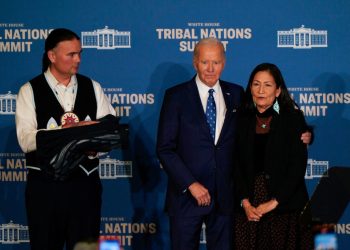Every American competitor came to Tokyo facing numerous obstacles, from COVID-19 protocols and jet lag to language barriers and inhospitable weather.
That was just the start of the list for the athletes with USA Shooting, who left a country with some of the most lax gun laws in the world for a country with some of the strictest. That meant more regulations, more paperwork and more scrutiny.
“That process is a lot more extensive and intensive than what we find in most countries that we traveled to,” said Matt Suggs, a competitive rifle shooter before becoming chief executive of the U.S. federation last summer.
Imagine a javelin thrower or surfer having to store the tools of their trade in a locked box between practices? Happens all the time with shooters. But in Tokyo, in addition to all the usual precautions, the 20 U.S. athletes also were limited as to how much ammunition they could bring. That forced the team to contract with a local distributor, who couldn’t replenish the thousands of rounds the team needed each day until confirming the previous day’s supply was exhausted.
“To become a gold medalist, it takes a lot of ammo,” said Suggs, who buys it by the pallet back home. “Every couple of days, we’re putting in additional purchase orders for more.”
Despite the obstacles, the U.S. has won six medals — three gold, two silvers and a bronze, matching its second-best performance since World War II — heading into Monday’s final events at…



























































